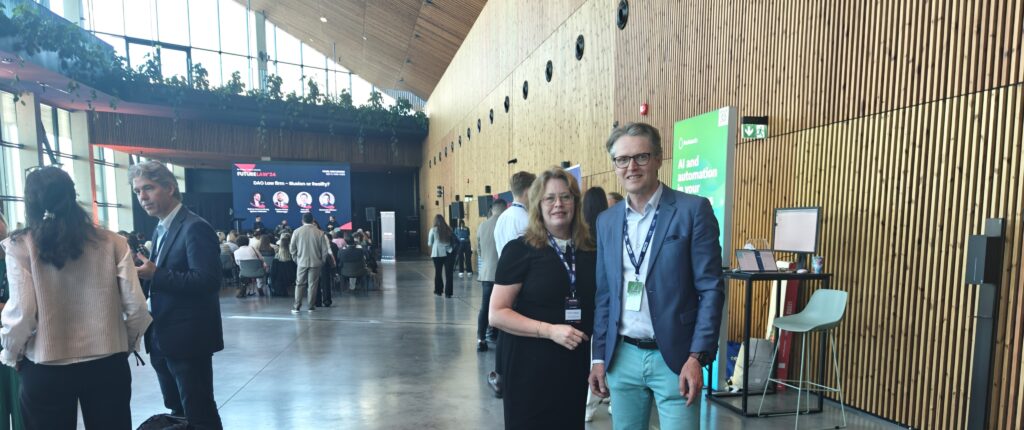The two-day FutureLaw 2024 conference in Tallinn provided an excellent networking opportunity and a chance to better understand several tech tools available for the legal industry.
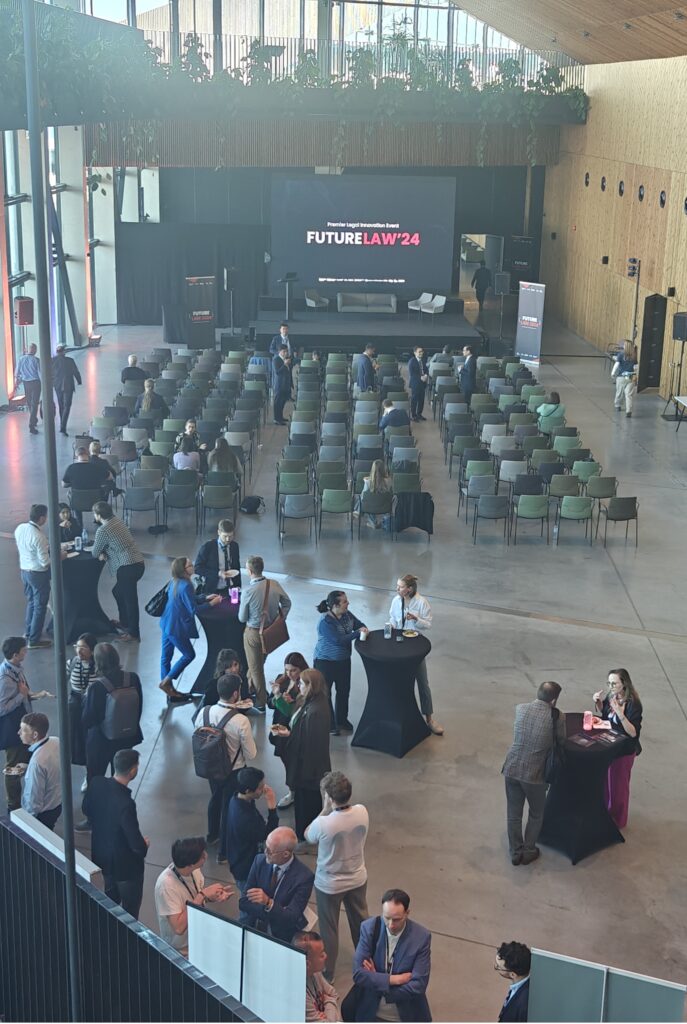
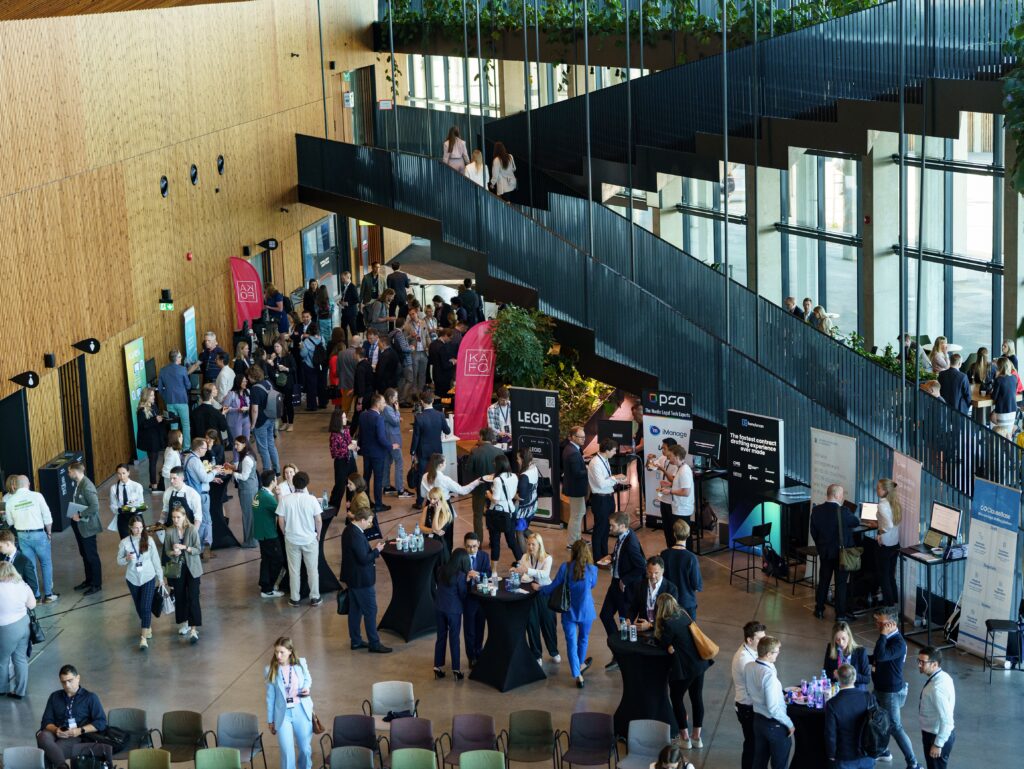
Olga V. Mack: AI is the Legal Industry
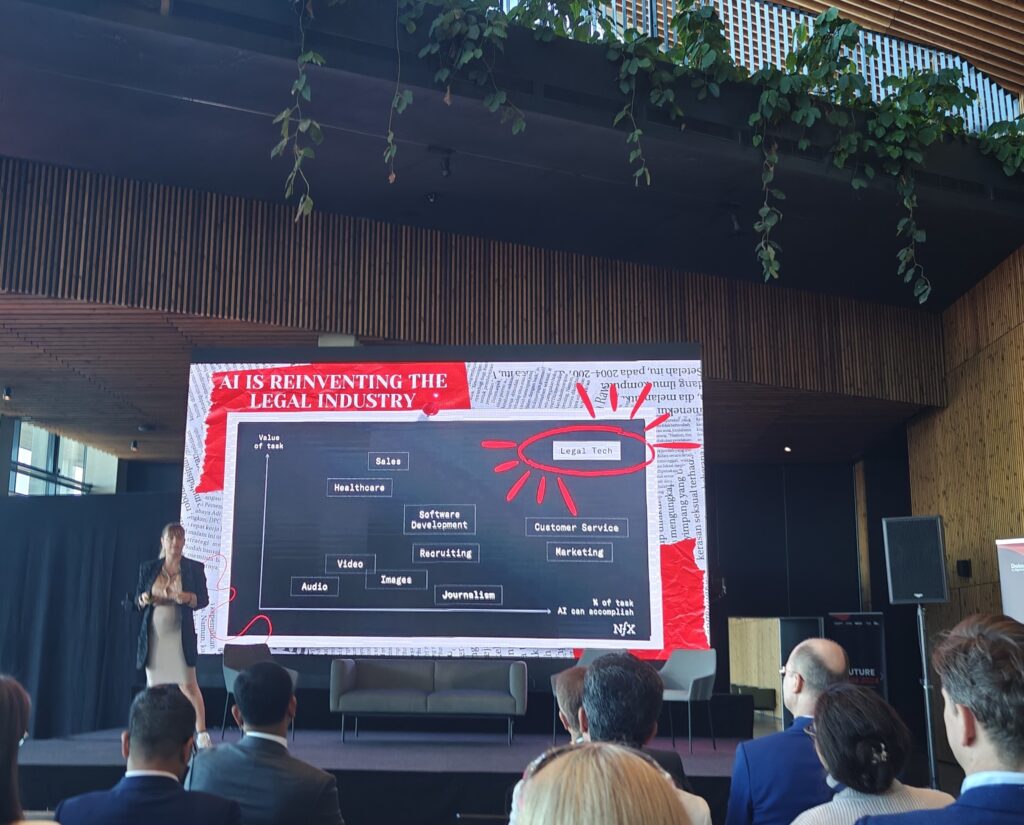
Olga V. Mack, CEO of CounselLink at LexisNexis, highlighted how AI is fundamentally reinventing the legal industry. She coined the term “nervocited” to describe the mixed feelings lawyers have towards AI—both nervous and excited, akin to being on a rollercoaster controlled by AI. Mack emphasized the significant investment opportunities AI presents for the legal sector and underscored the importance of embracing these changes to stay competitive.

The Future-Proof Law Firm
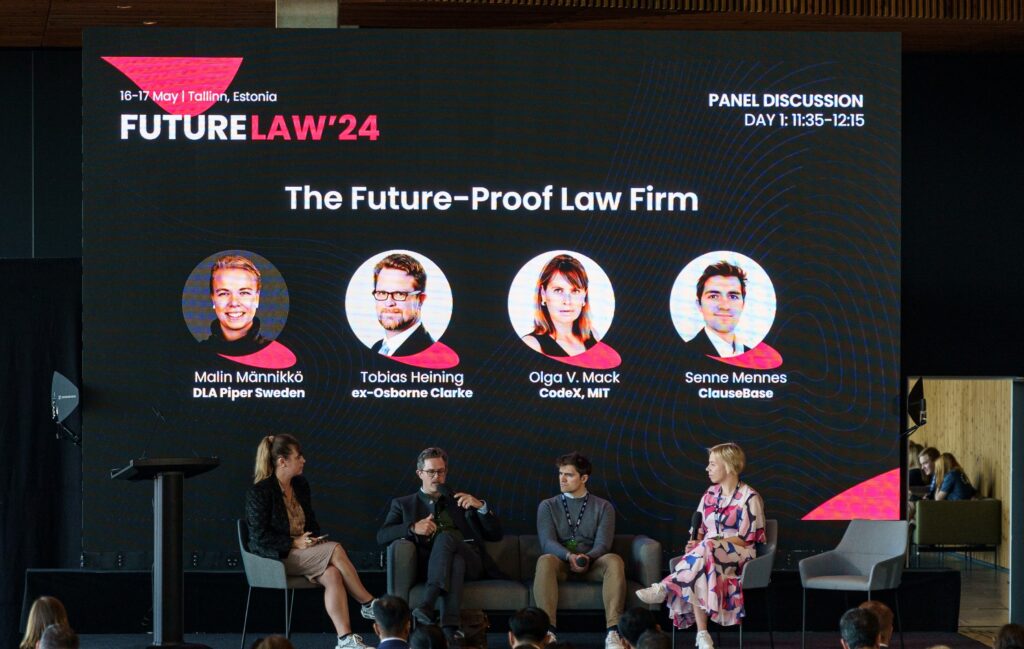

A panel discussion featuring Malin Männikkö of DLA Piper Sweden, Tobias Heining (formerly of Osborne Clarke), Olga V. Mack, and Senne Mennes of ClauseBase focused on the necessity of tech adoption for future-proofing law firms. Tobias Heining emphasized that effective communication is crucial for encouraging lawyers to adopt new technology by helping them understand the personal benefits. He also addressed the fear that lawyers might be replaced by tech tools, suggesting that as the legal world becomes more complex, technology can help manage the talent shortage rather than replace lawyers. He criticized the lack of a clear strategy in many law firms, stating that “complacency is not a strategy.”
Senne Mennes highlighted the importance of knowledge management for in-house legal departments, particularly in niche legal areas like hotel law, to ensure continuity when specialized internal lawyers leave. This approach underscores the need for robust systems to maintain expertise and facilitate smooth transitions.
Alex Hamilton: Differentiating Legal Work by Price Sensitivity
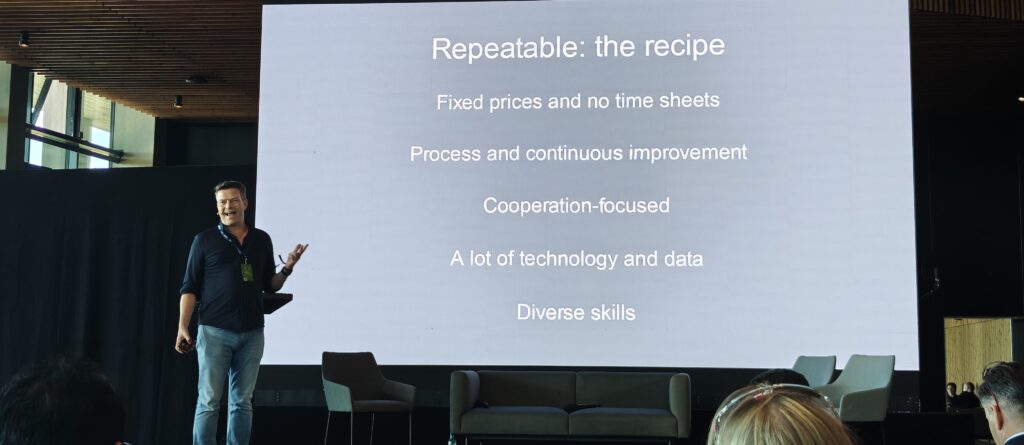

Alex Hamilton, CEO of Radiant Law, distinguished between price-sensitive and price-insensitive legal work. He argued that while high-value, specialized legal services will always command premium hourly rates, there is agrowing market for repetitive, systematizable legal tasks that can be optimized through technology. Hamilton criticized the industry’s focus on billable hours, advocating instead for value-based pricing models inspired by lean process improvement methodologies from the Shingo Institute. He emphasized that shifting to a customer focus would naturally lead to adding value for clients.
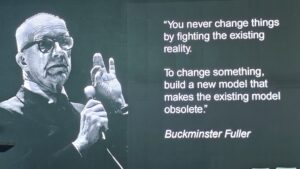
Radiant Law’s success with fixed-price services exemplifies the potential for tech-driven efficiency gains. Hamilton shared an example where a client’s costs were reduced to one-tenth of what they would have been with a traditional law firm, thanks to standardization and technology.
Standardization: The Path to a General Ontology for Legal Services
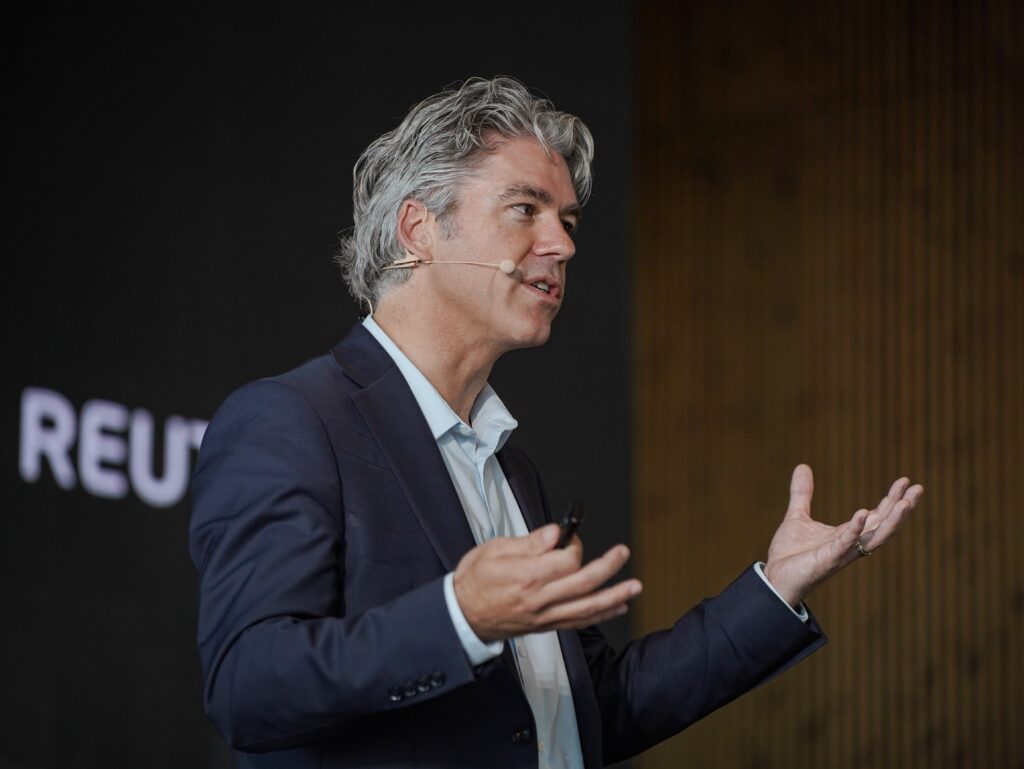
Damien Riehl of SALI Alliance and vLex discussed the critical role of standardization in transforming legal services. He introduced the SALI Alliance’s database, which provides a structured framework for defining and comparing legal services, facilitating greater transparency and efficiency across the industry.
Estonia: A Model of Digital Innovation

Hannah Brown, E-residency Head of Content, showcased Estonia’s pioneering digital infrastructure, which allows for efficient e-residency and business registration. This digital identity system, while not a substitute for citizenship, enables global entrepreneurs to establish EU-based companies quickly and affordably. Estonia’s approach demonstrates the potential of digitalization to foster innovation and attract international business.
Conclusion
FutureLaw 2024 underscored the urgency for lawyers to embrace tech-driven change. The discussions on standardization, knowledge management, and digital innovation provided valuable insights for lawyers on how to stay competitive in an increasingly tech-centric world.
